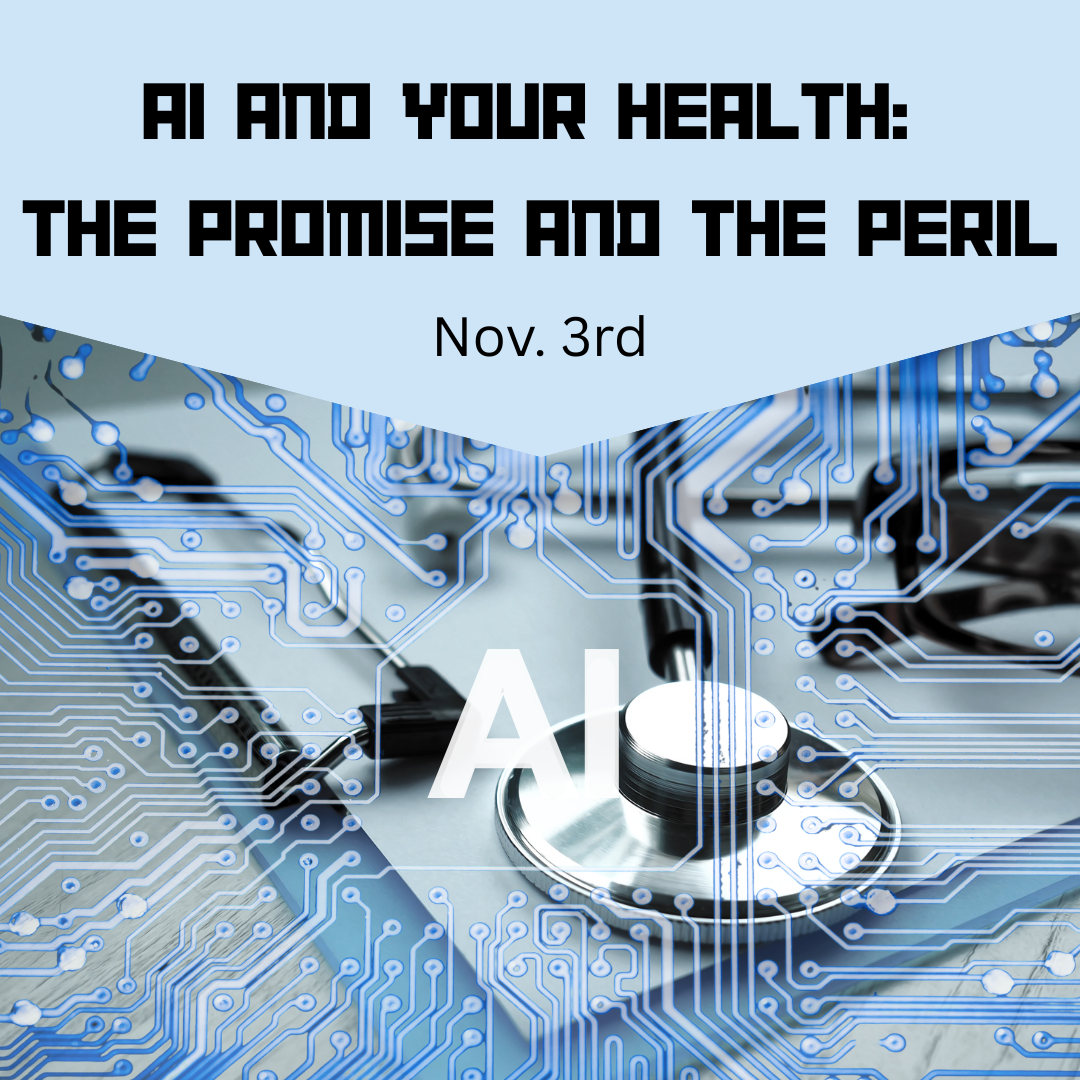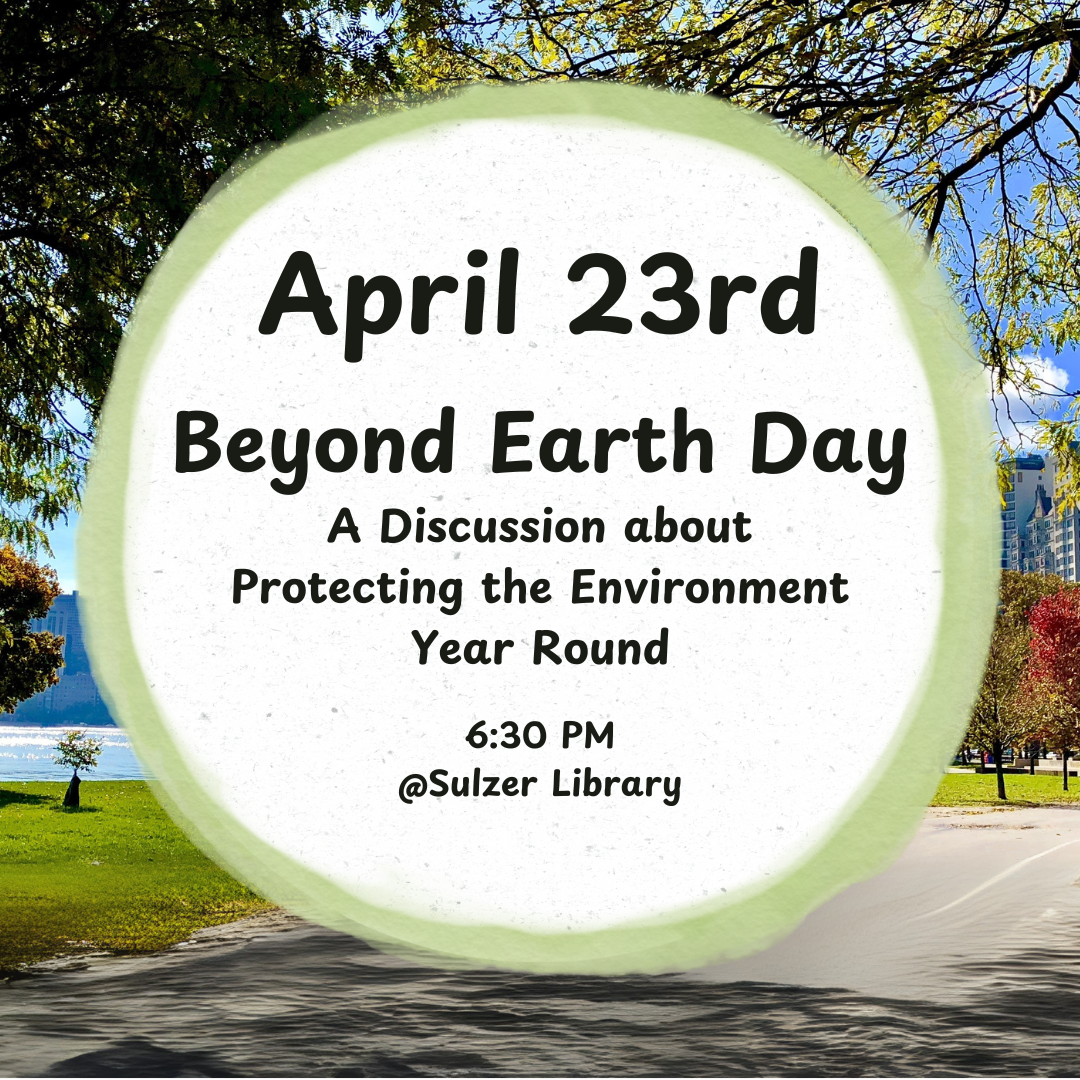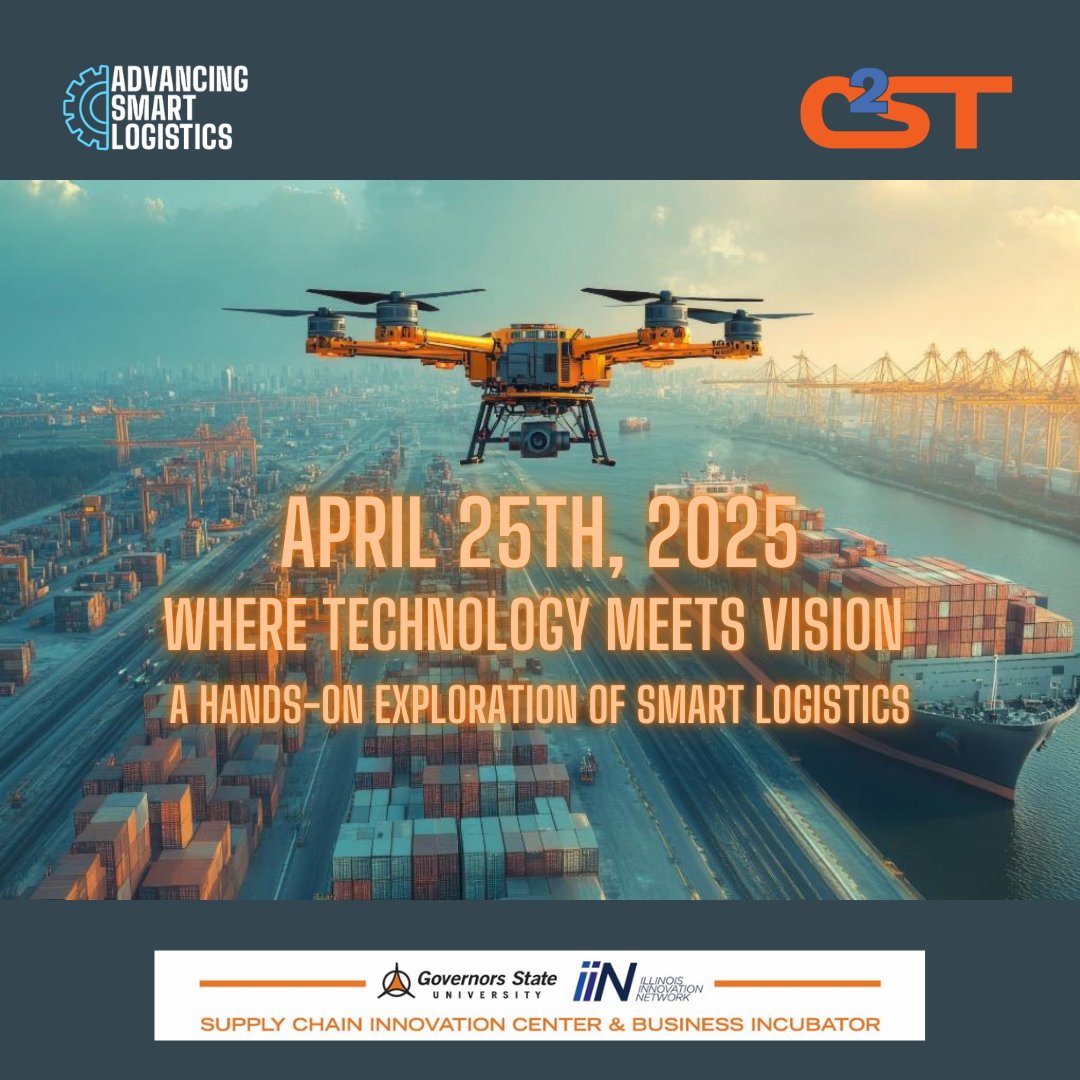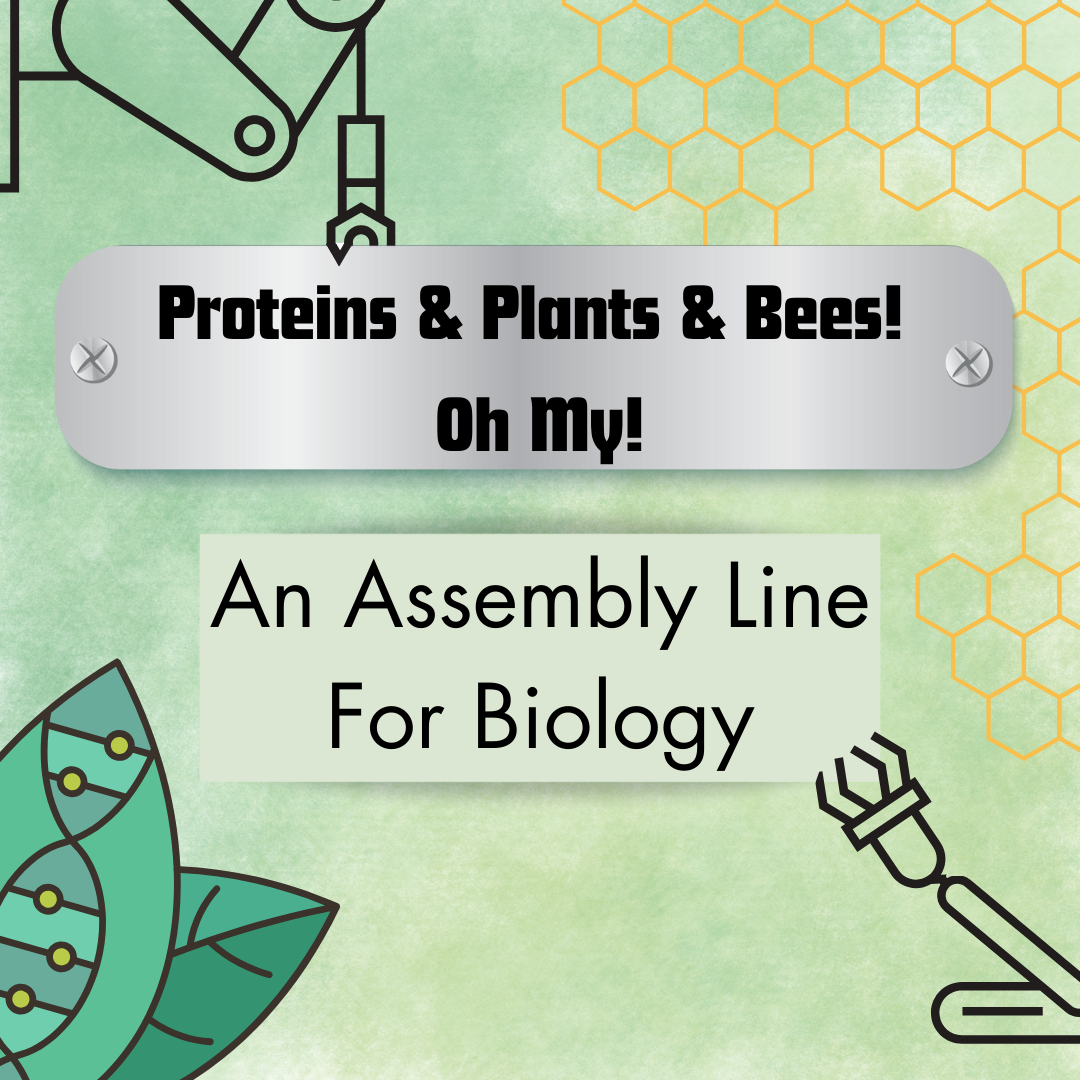
Join C2ST and the National Science Policy Network for a conversation with policymakers, legal experts, and researchers as we explore AI’s influence on medicine and the crucial role science policy plays in shaping its future. You’ll have the chance to engage with the experts and share your own questions and insights.
Continue reading “AI and Your Health: The Promise and the Peril”

The Chicago Council on Science and Technology, the Leakey Foundation, and the Field Museum present a lecture with Adam Brumm, professor of archaeology and founding member of the Australian Research Centre for Human Evolution at Griffith University.
In the 1950s, the discovery of prehistoric rock art was reported for the first time on the Indonesian island of Sulawesi. These images were found in limestone caves in the karst hills of Maros-Pangkep. At the time, it was believed this art had been left by early Neolithic farmers, making them about 4,000 years old. However, in 2014, an Australian-Indonesian team dated the Maros-Pangkep art for the first time using a uranium-series analysis of natural mineral coatings that had formed on some of the images. The earliest dated image yielded a minimum age of 40,000 years, making it compatible with cave art in Spain, the oldest known art in the world at the time. The Sulawesi art therefore challenged the long-accepted story that the birthplace of human art and culture had been in Europe. The earliest painting, with a minimum age of 51, 200 years, is a scene portraying human-like figures interacting with a pig. It is the oldest cave art attributed to humans and the earliest known examples of visual storytelling in the world, providing crucial insights into the development of human cognition.

Join us for an evening of conversation and networking with experts who work to keep our planet healthy every day. Doors open at 6:00 pm for networking with a panel discussion and Q&A to start at 6:30 pm. Discover conservation research being done in and around Chicago and find out what you can do to protect the Earth beyond celebrating Earth Day.

Don’t miss this groundbreaking event on the future of smart logistics, AI-driven drones, quantum computing, and next-generation energy storage! Explore how technology is set to revolutionize industries, protect lives, and empower communities. Connect with industry pioneers, policy leaders, and tech visionaries for an immersive, hands-on experience showcasing the latest advancements in smart logistics and electrification.
Continue reading “Where Technology Meets Vision: A Hands-On Exploration of Smart Logistics”

Join us for a live-streamed chat and Q&A with Stephan Lane from the iBioFab lab at the Carl R. Woese Institute for Genomic Biology. Steve will talk about some of the cool projects and research that are being done in this state-of-the-art lab. From creating new genetically modified plants to new proteins for medical treatments to helping to raise bees, the iBioFab team uses AI, robotics, and cutting-edge biology to make awesome advances in the field. Hear about all these projects and ask your questions.

Society today is connected like never before. We can buy things from around the world at the store and we can click a button to have the things we need delivered to our door. The world of logistics is all about exploring how this happens. Join us on February 27th at 6:00 pm in-person or streaming online for engaging conversation with experts exploring the future of how we get the things we need from point a to point b. How is new technology changing the field? When will we see drones delivering packages? How are we improving sustainability and efficiency? What are the challenges facing the world of supply chain today? Find out the answers to these questions and ask your questions as well.
Continue reading “The Future of Supply Chain in Your Backyard: How We Get What We Need, When We Need IT”





